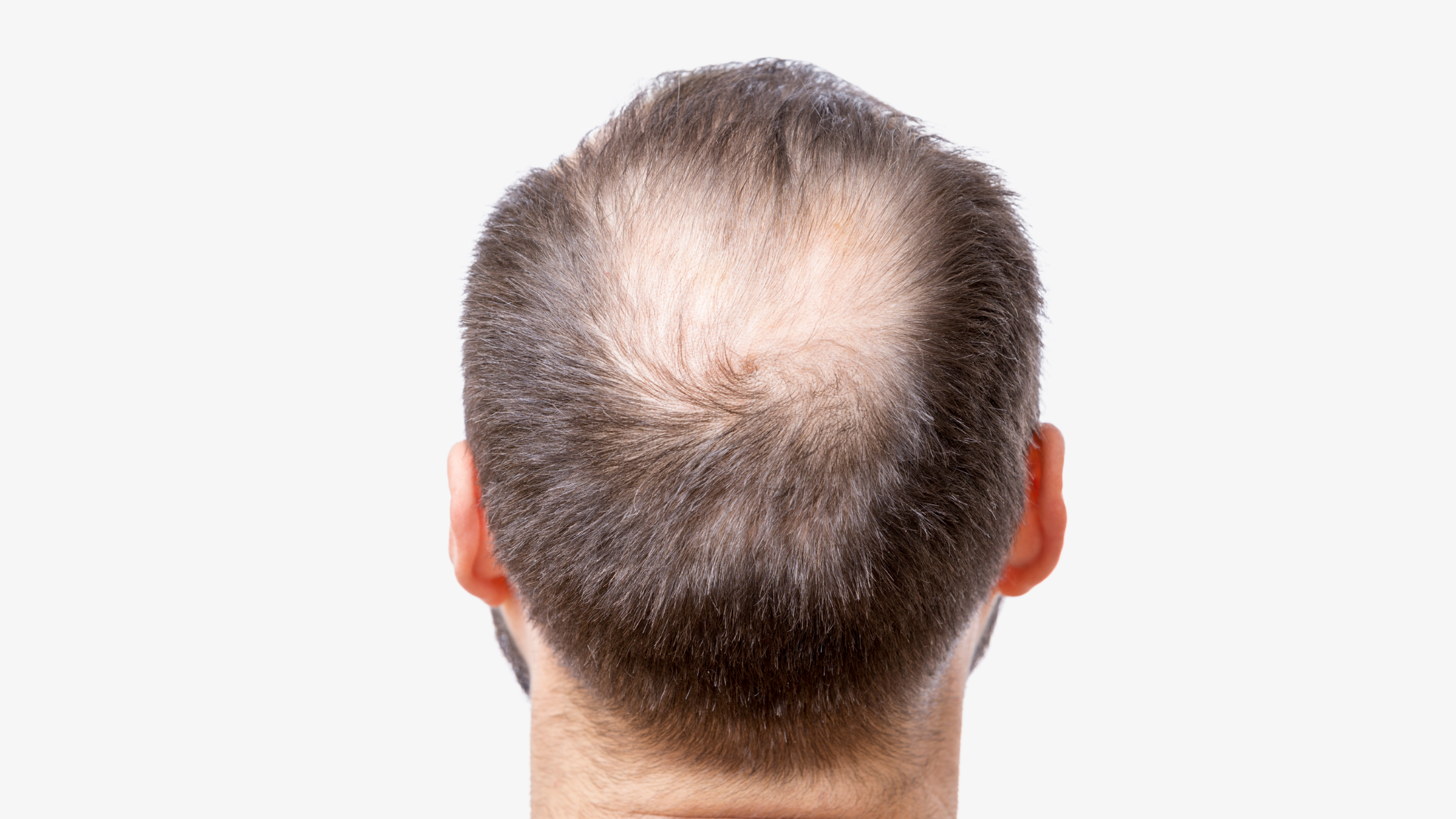What Causes Hair Loss?

Noticing changes in your hair, like thinning or the emergence of bald spots, can be alarming. It’s a common concern: approximately 85% of men and 50% of women experience noticeably thinner hair by the age of 50. To help demystify hair loss, we've compiled a guide explaining its most common causes, helping you navigate through this complex topic.
Hereditary Factors
Genetics play a pivotal role in hair loss. Androgenetic alopecia, known as male or female pattern baldness, is strongly influenced by genetic factors inherited from either parent. If your family has a history of baldness, you might be more predisposed to experiencing hair loss yourself. Understanding your genetic predisposition can help you prepare and seek early interventions.
Hormones
Hormones, especially androgens, exert significant control over hair growth cycles. Imbalances, such as irregular testosterone levels, can disrupt these cycles and lead to hair loss. This is especially noticeable in conditions like polycystic ovarian syndrome (PCOS) and during significant hormonal shifts like menopause. Hormonal changes can alter the hair's thickness, texture, and growth patterns.
Other Medical Conditions
Various medical, autoimmune, and scalp conditions can significantly impact hair health. For instance, anemia limits oxygen supply to hair follicles, hindering growth. Similarly, thyroid imbalances and diabetes can also affect hair health, impacting the hair growth cycle and leading to hair loss. Scalp infections like ringworm or folliculitis aren't just uncomfortable — they can cause patches of hair loss and, in severe cases, lead to permanent follicle damage. Effectively managing these conditions is crucial. It may require a combination of medical treatment, dietary adjustments, and lifestyle changes. By addressing the root cause, you take a vital step toward improving your hair health and preventing further loss.
Dietary Habits
Your diet plays a crucial role in maintaining hair health. A lack of essential nutrients, especially iron and protein, can impair the body's ability to support healthy hair growth. Diets lacking in vitamins, minerals, and other key nutrients can lead to weakened hair and increased shedding. It's important to maintain a well-balanced diet to ensure your hair receives the nourishment it needs.
Medications
Various medications can interfere with the natural hair growth cycle. Common culprits include blood thinners, beta-adrenergic blockers, birth control pills, and chemotherapy drugs. These medications can cause temporary hair loss by disrupting the growth phases of hair follicles, often resulting in noticeable thinning.
Physical Trauma
Physical trauma to the scalp, such as injuries or burns, can have a direct impact on hair growth. Injuries like cuts or burns can temporarily disrupt the hair follicles in the affected area, halting hair growth until the wound heals. In more severe cases, scarring from such injuries can permanently damage hair follicles, preventing hair from regrowing in those areas.
Hair Care Practices
Hair care practices play a significant role in maintaining the health of your hair. Excessive use of hot styling tools like straighteners and curling irons can weaken hair strands, leading to breakage and hair loss over time. Similarly, hairstyles that pull on the hair, such as tight braids, ponytails, or the use of hair extensions, can cause hair loss due to constant pulling on the hair roots. It's crucial to practice gentle hair care, opting for looser hairstyles and minimizing heat styling to maintain hair integrity and prevent unnecessary loss.
Stress
Both emotional and physical stress can significantly impact hair health. Stressful events, like traumatic experiences or rapid weight loss, can lead to a temporary condition known as telogen effluvium, where hair thins noticeably. This type of hair loss usually occurs a few months after the stressful event but is often reversible once the stressor is managed.
Final Thoughts
Hair loss can stem from a multitude of factors. While genetics play a role, other factors like hormonal imbalances, medical conditions, nutritional deficiencies, certain medications, scalp infections, injuries, hair care practices, and stress also contribute. Identifying these causes is the first step in seeking effective solutions, whether through medical treatment or lifestyle changes.
For those seeking comprehensive and personalized solutions to combat hair loss, Qyral’s network of licensed providers can prescribe personalized formulations. Discover how Qyral can support your hair health here.
The information in this blog post is intended for educational purposes only and is meant to offer general guidance and information. It does NOT offer medical advice or medical treatment, does NOT constitute the practice of medicine, and should NOT be used as a replacement for licensed medical instruction.